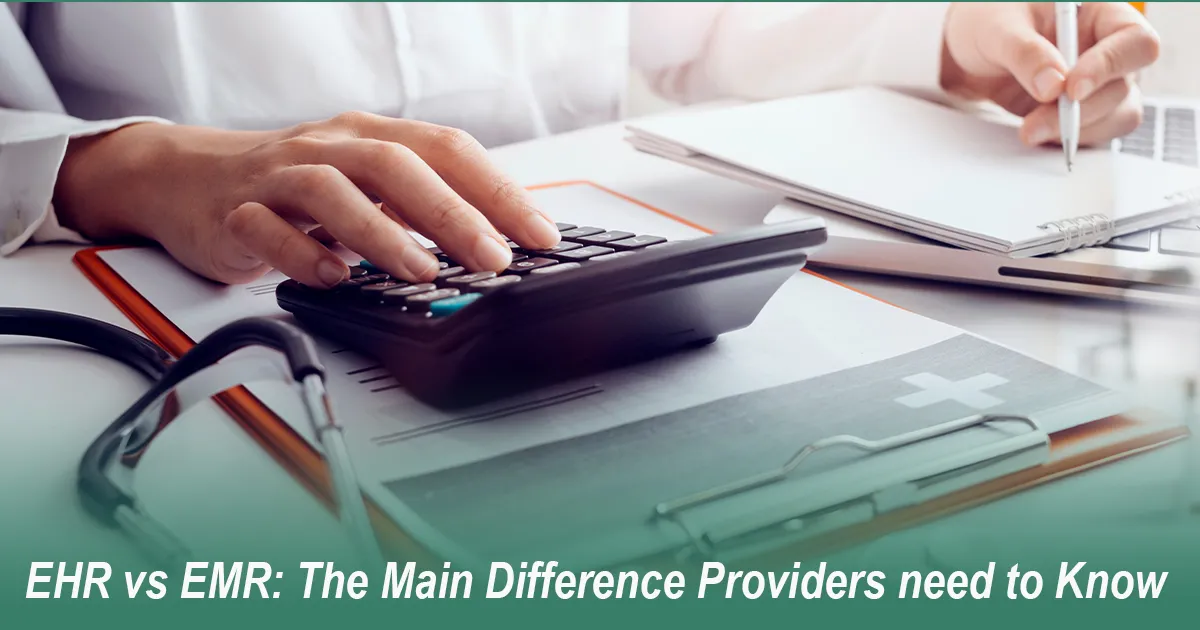
Posted By: Medsole RCM
Posted Date: Sep 18, 2025
Introduction:
As we know that healthcare industry is growing, and technology is helping in recorded, stored, and managed patient information. Among the most common terms that healthcare providers, medical billing professionals, and administrative staff dealt with are EHR vs EMR. Although they are mostly used but there are meaningful differences between the two that can impact the clinical care, billing efficiency, and revenue cycle outcomes.
At MedSole RCM, we believe that understanding the difference between EHR vs EMR systems is important for maximizing efficiency in billing, claims submission, and patient data management. This blog will explain their definitions, differences, and implications for medical billing.
Electronic Medical Records (EMRs) are digital versions of traditional paper charts. They contain the medical and treatment history of patients within a single healthcare practice. EMRs make it easier for providers to:
However, EMRs are limited in their scope. They usually remain confined to one practice or provider and are not designed for sharing patient data across multiple healthcare organizations.
As EMRs are useful for record-keeping, but they have challenges also:
This is why many providers today are transitioning toward more advanced solutions that go beyond EMRs.
Electronic Health Records (EHRs) are designed to be shared across different healthcare settings. They focus on the whole picture of a patient’s health.
EHRs include:
One of the most common questions providers ask is: “EHR vs EMR what’s difference?” The confusion arises because both involve digitized patient records. Yet, the scope and functionality are what separate them.
|
Feature |
EMR |
EHR |
|---|---|---|
|
Accessibility |
Limited to one practice |
Accessible across practices and providers |
|
Focus |
Medical records for one provider |
Comprehensive health management |
|
Interoperability |
Minimal |
High |
|
Billing Support |
Basic |
Strong integration with billing and claims |
In short, emr vs ehr whats the difference lies in how much information can be shared, how billing systems integrate, and how providers coordinate patient care.
Patients often see multiple specialists. With EHRs, their information follows them, improving communication and minimizing duplicate testing or billing errors.
For many healthcare providers, the decision depends on budget, healthcare practice size, and long-term goals.
At MedSole RCM, we help practices bridge the gap between clinical care and financial performance. Whether you’re transitioning from EMR to EHR or trying to understand ehr vs emr systems.
Contact our billing experts, they ensure that technology aligns with your revenue goals.
Our role includes:
Q. What is the main difference between EHR vs EMR?
The main difference lies in scope. EMRs are digital versions of paper charts used within one practice, while EHRs are designed for sharing across multiple providers and healthcare organizations.
Q. EHR vs EMR – what’s difference in billing?
EMRs mostly capture treatment details but not fully integrate with claims management. EHRs, on the other hand, support full-cycle billing, denial management, and coordination with insurance.
Q. Which is better for small practices – EMR or EHR?
The small clinics with limited budgets often start with EMRs. However, as practices grow or work with multiple insurances, EHRs will be more scalable and provide compliance support.
Q. Does EHRs help to reduce billing errors?
Yes. EHRs reduce duplicate entries, results in correct coding, and cross-check insurance coverage, improving accuracy in claim submissions.
Q. How does MedSole RCM work with EHR vs EMR systems?
We adapt to both. Our billing experts integrate with your existing system, whether EMR or HER and results in correct claims coded, submitted, and followed up efficiently.
Get quick highlights instantly
Recent Blogs
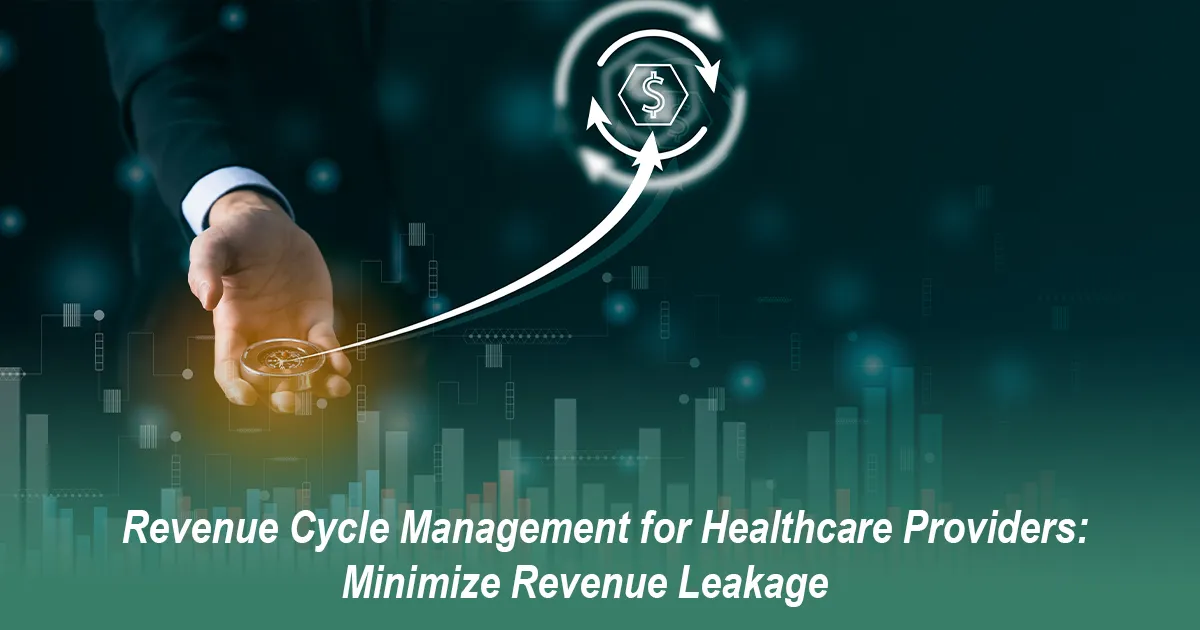
Posted Date: Jun 24, 2025
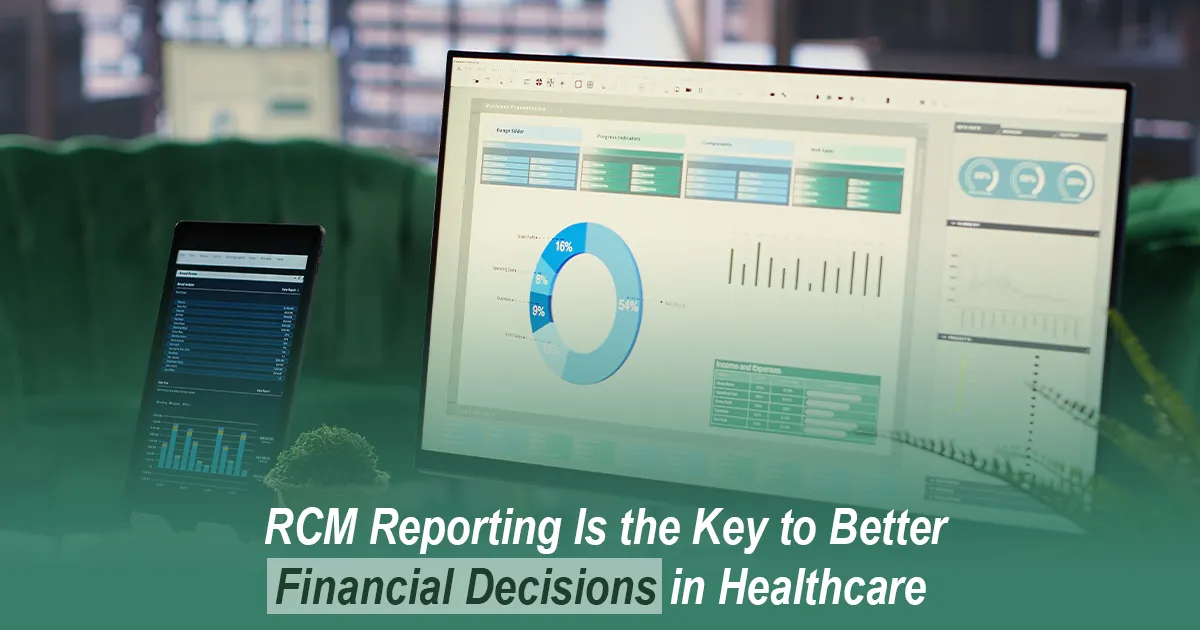
Posted Date: Jun 26, 2025

Posted Date: Jun 28, 2025

Posted Date: Jun 30, 2025

Posted Date: Jul 02, 2025

Posted Date: Jul 04, 2025
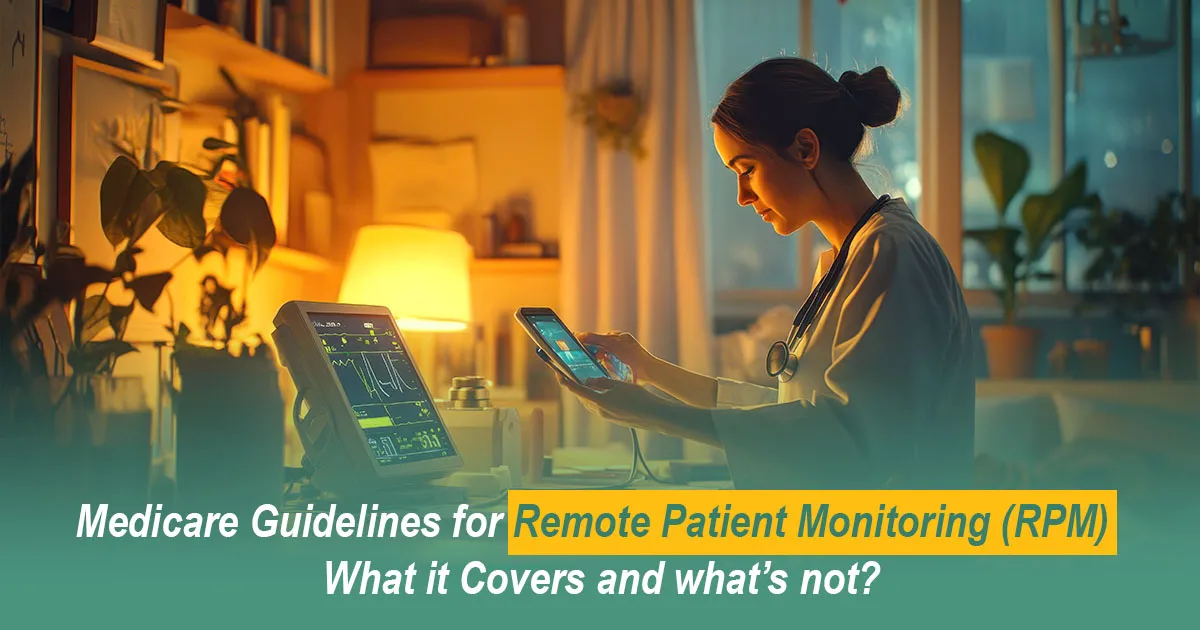
Posted Date: Jul 07, 2025

Posted Date: Jul 09, 2025

Posted Date: Jul 11, 2025

Posted Date: Jul 14, 2025

Posted Date: Jul 16, 2025

Posted Date: Jul 18, 2025

Posted Date: Jul 22, 2025

Posted Date: Jul 23, 2025

Posted Date: Jul 25, 2025
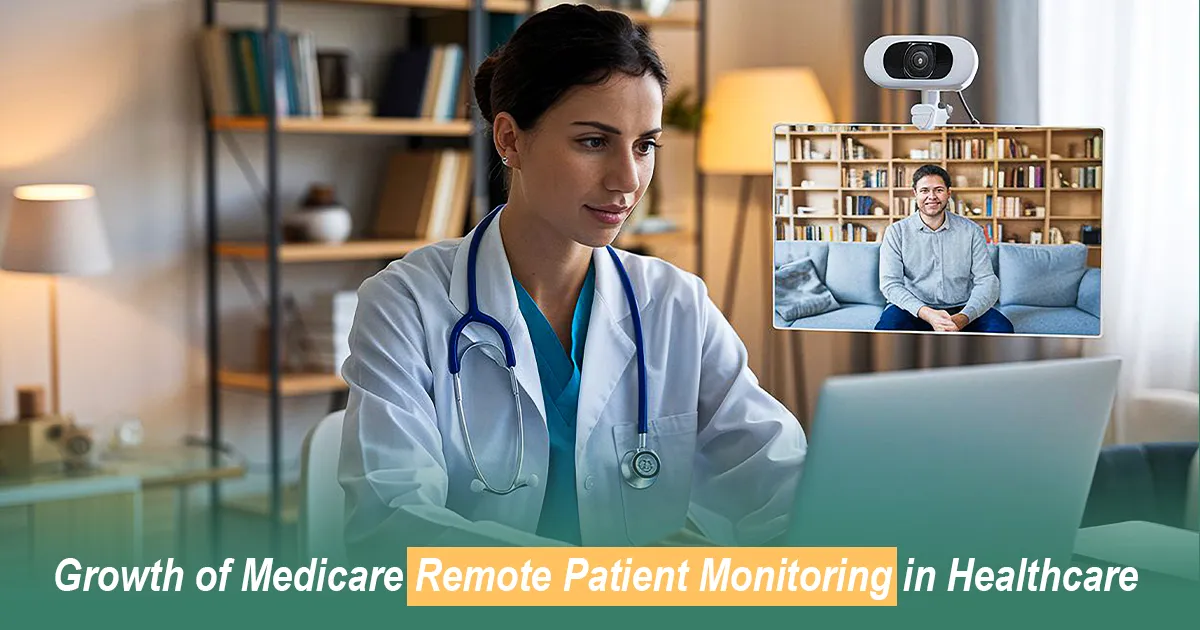
Posted Date: Jul 28, 2025

Posted Date: Aug 01, 2025

Posted Date: Aug 04, 2025

Posted Date: Aug 06, 2025
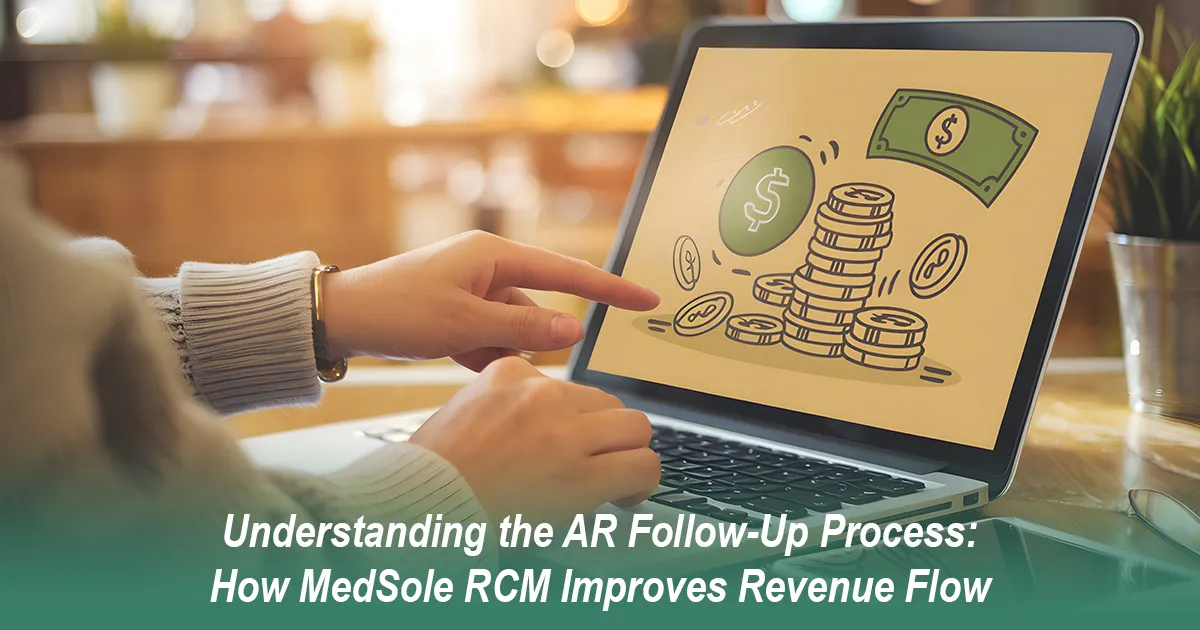
Posted Date: Aug 08, 2025

Posted Date: Aug 11, 2025

Posted Date: Aug 14, 2025

Posted Date: Aug 18, 2025
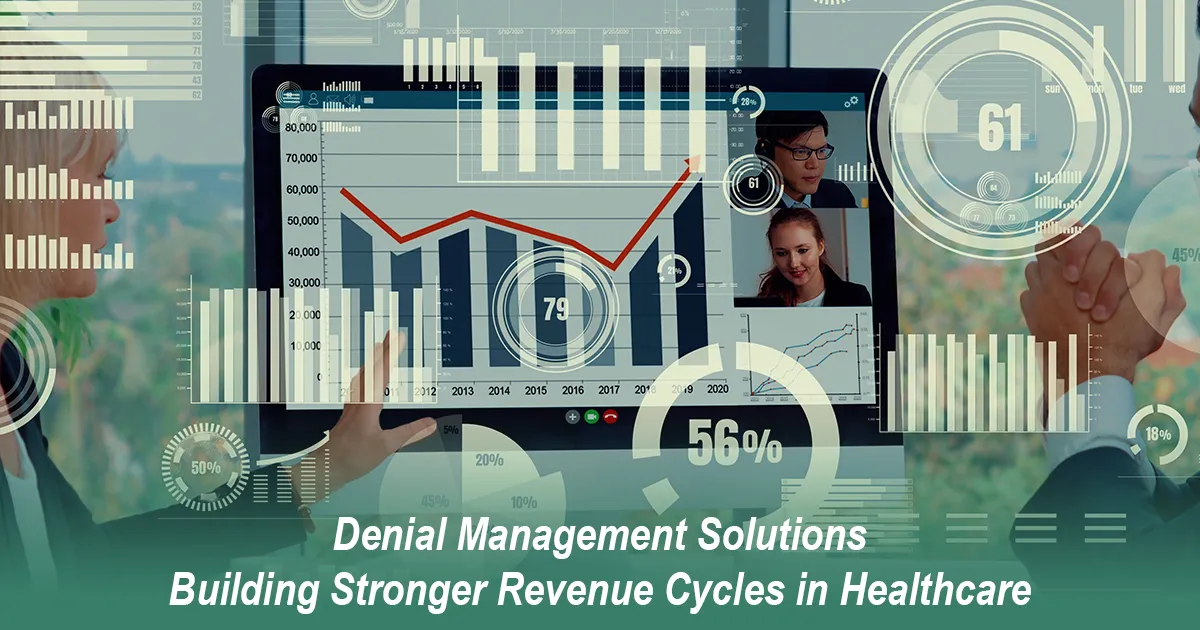
Posted Date: Aug 20, 2025
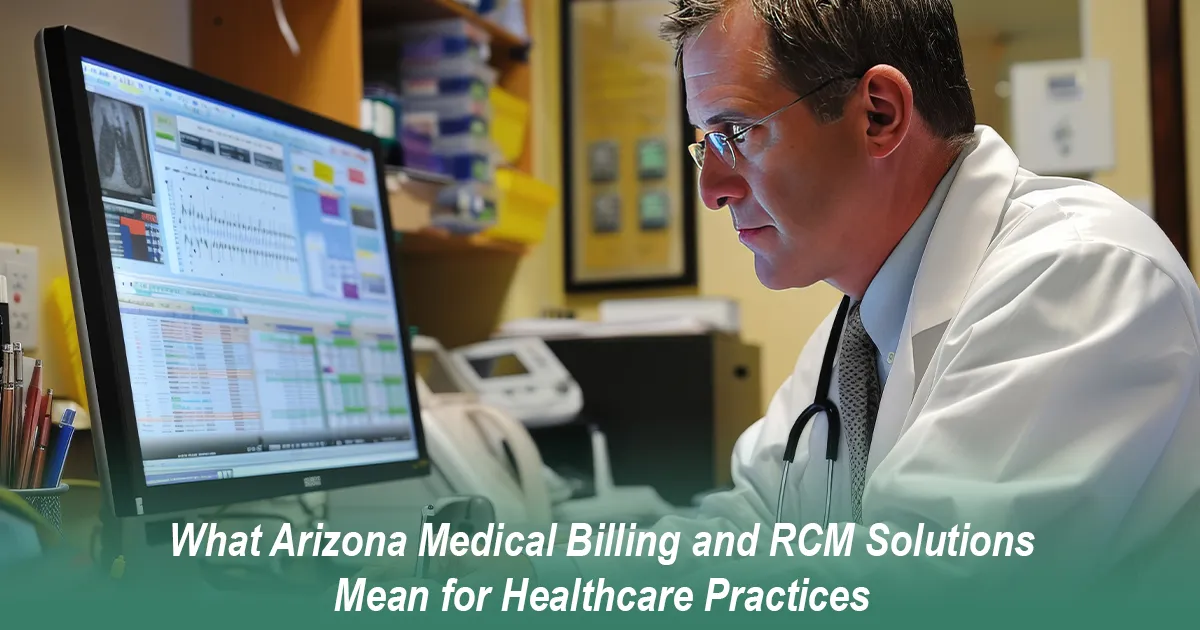
Posted Date: Aug 25, 2025

Posted Date: Aug 27, 2025
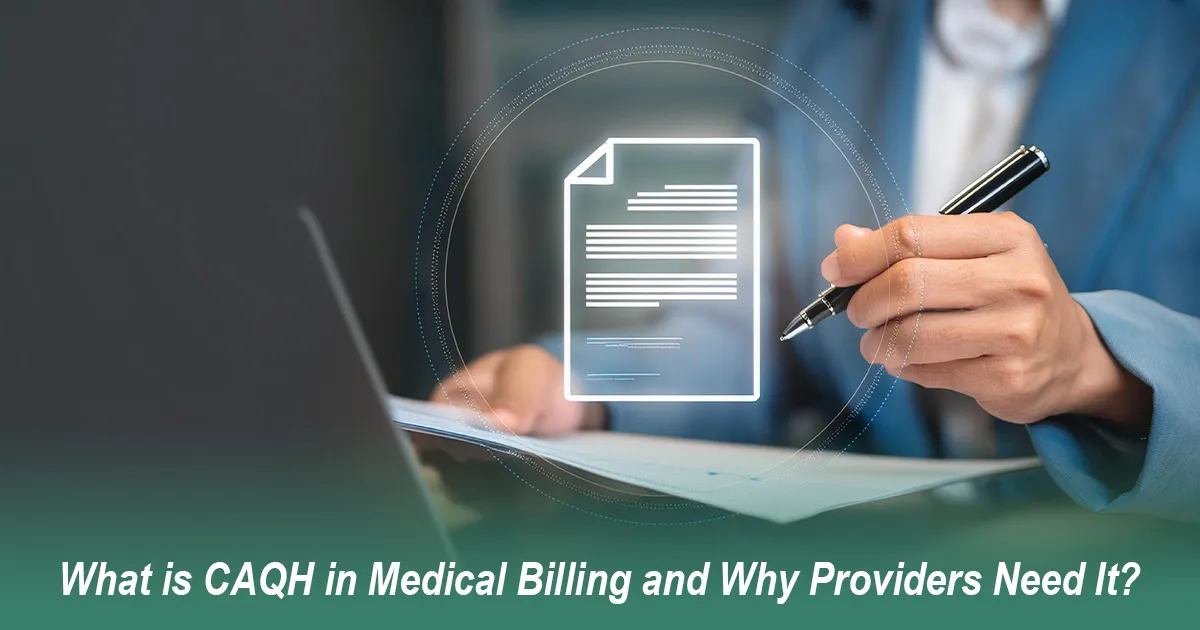
Posted Date: Aug 29, 2025

Posted Date: Sep 03, 2025

Posted Date: Sep 05, 2025

Posted Date: Sep 08, 2025

Posted Date: Sep 15, 2025

Posted Date: Sep 18, 2025

Posted Date: Sep 22, 2025

Posted Date: Sep 24, 2025

Posted Date: Sep 26, 2025

Posted Date: Sep 29, 2025

Posted Date: Oct 02, 2025
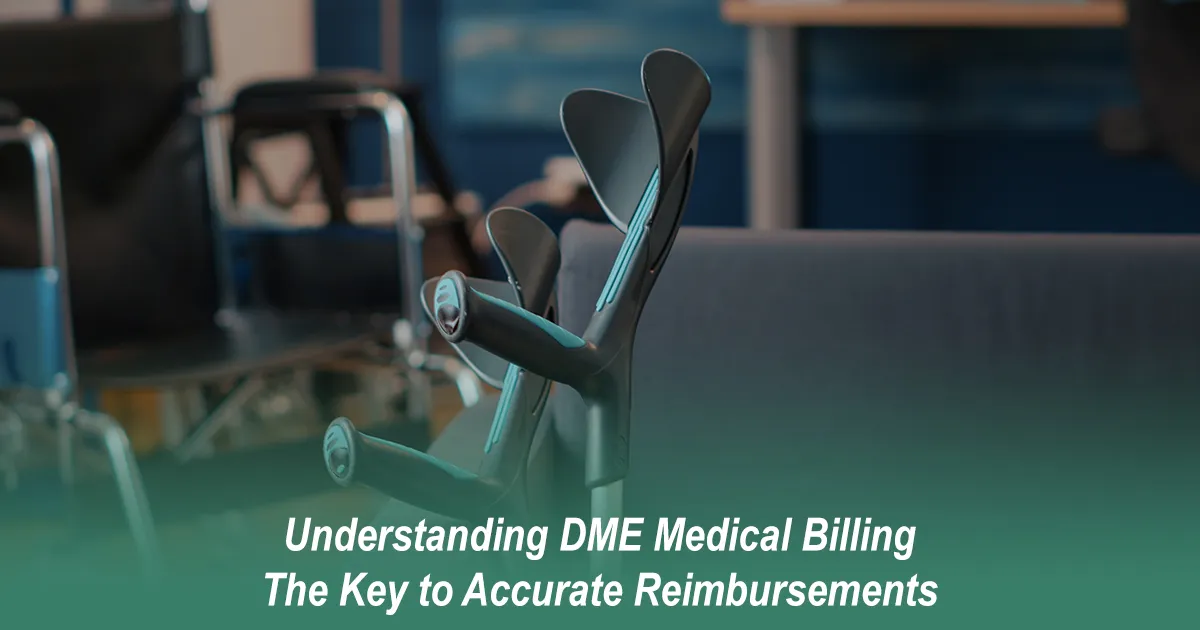
Posted Date: Oct 13, 2025

Posted Date: Oct 16, 2025

Posted Date: Oct 23, 2025
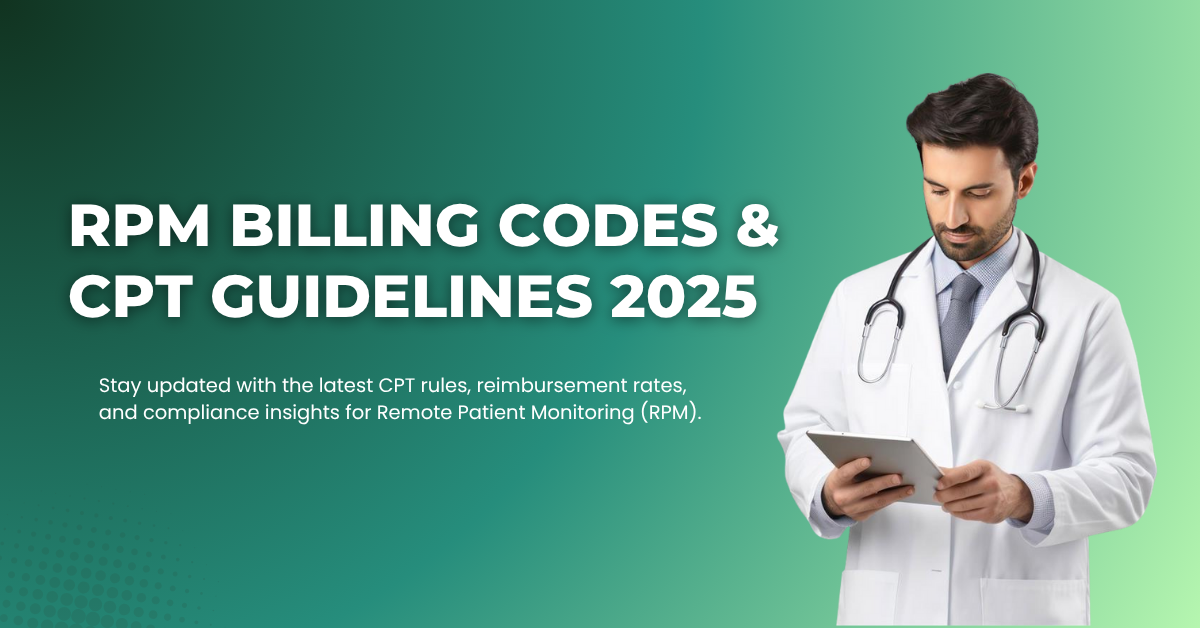
Posted Date: Oct 27, 2025

Posted Date: Oct 28, 2025

Posted Date: Oct 30, 2025
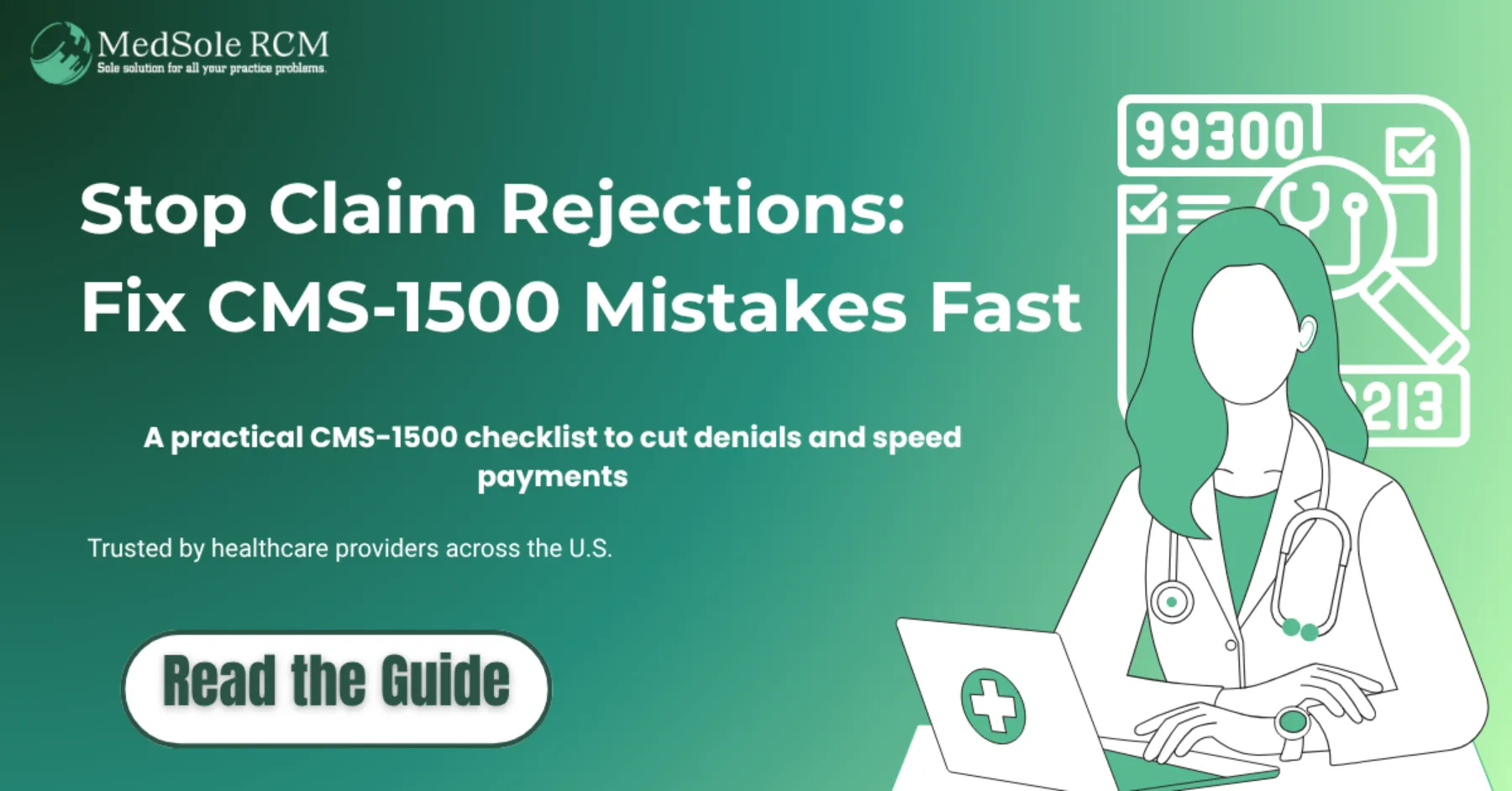
Posted Date: Oct 31, 2025

Posted Date: Nov 03, 2025
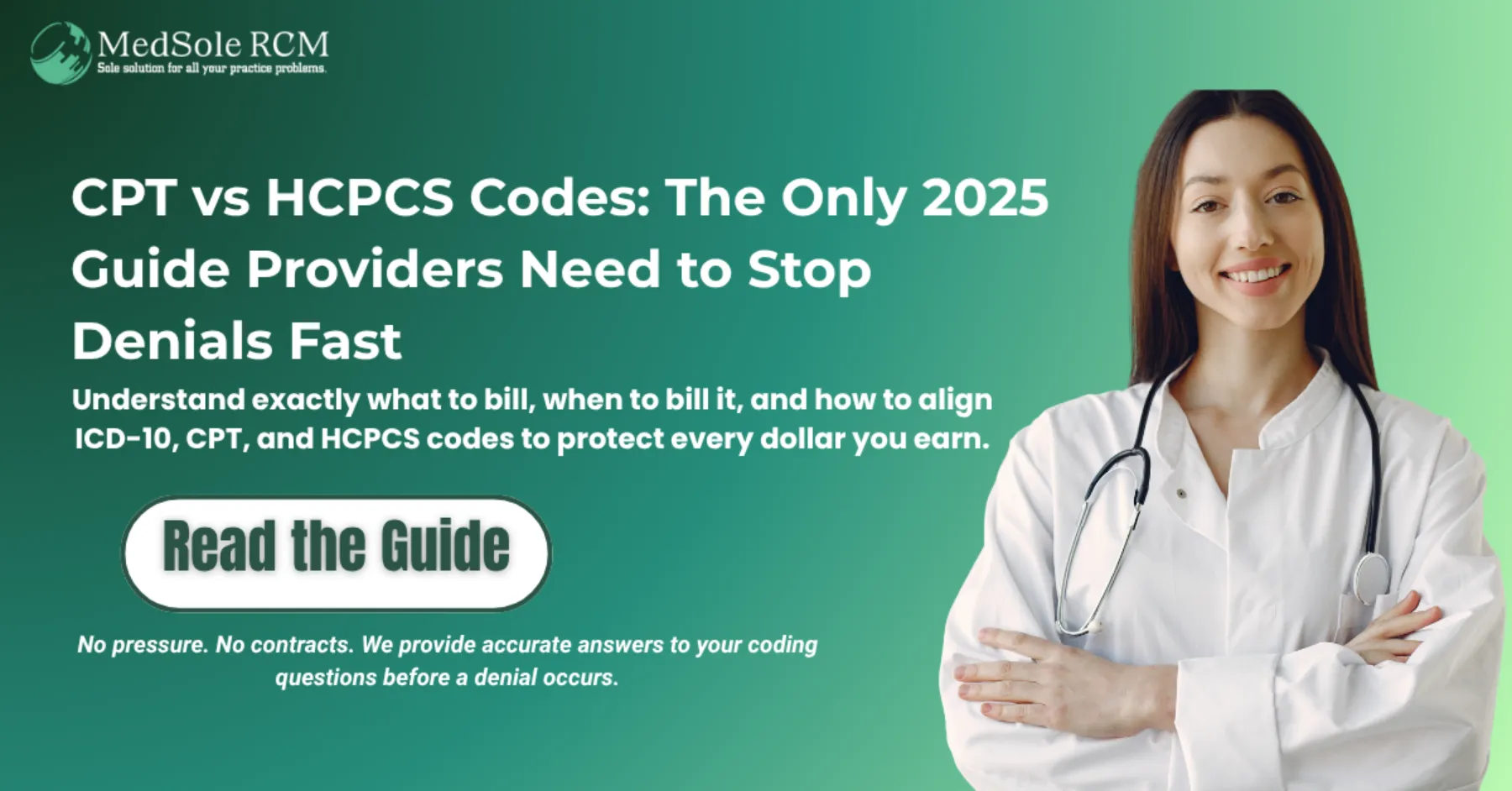
Posted Date: Nov 05, 2025
_11zon.webp)
Posted Date: Nov 11, 2025
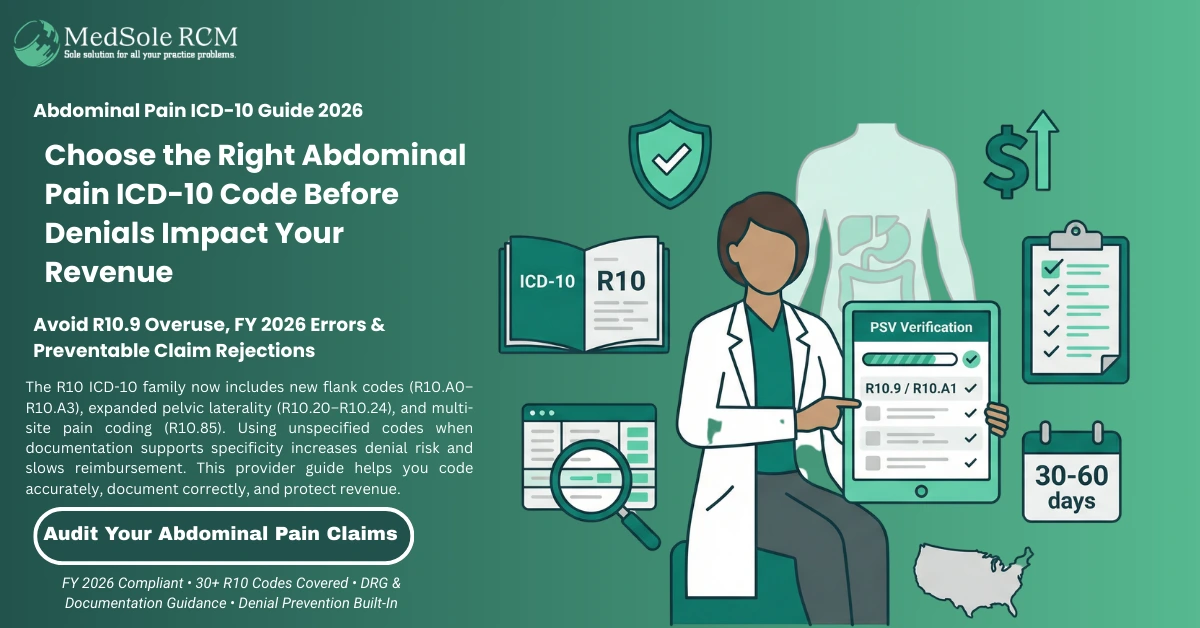
Posted Date: Nov 14, 2025

Posted Date: Jan 05, 2026
.png)
Posted Date: Jan 02, 2026
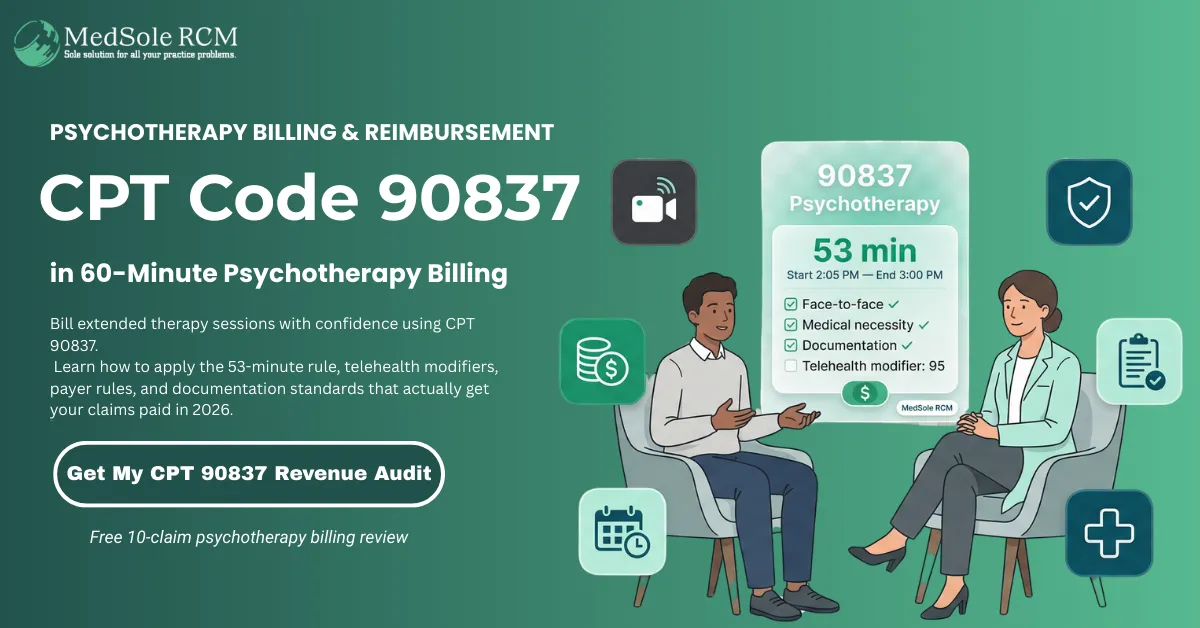
Posted Date: Jan 06, 2026
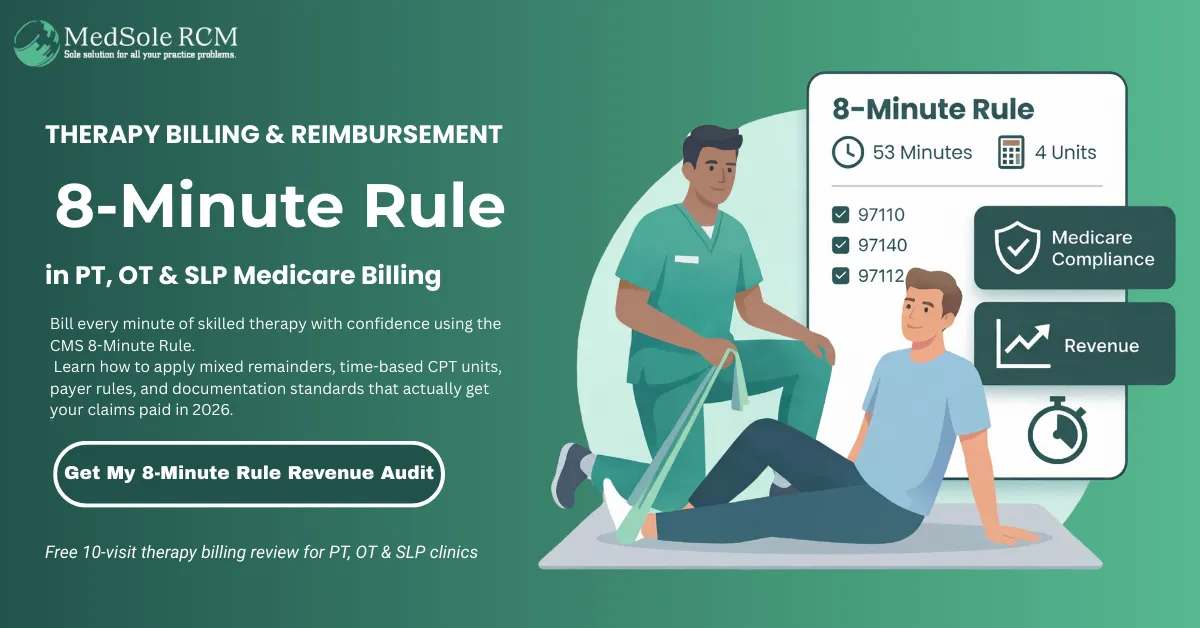
Posted Date: Jan 07, 2026
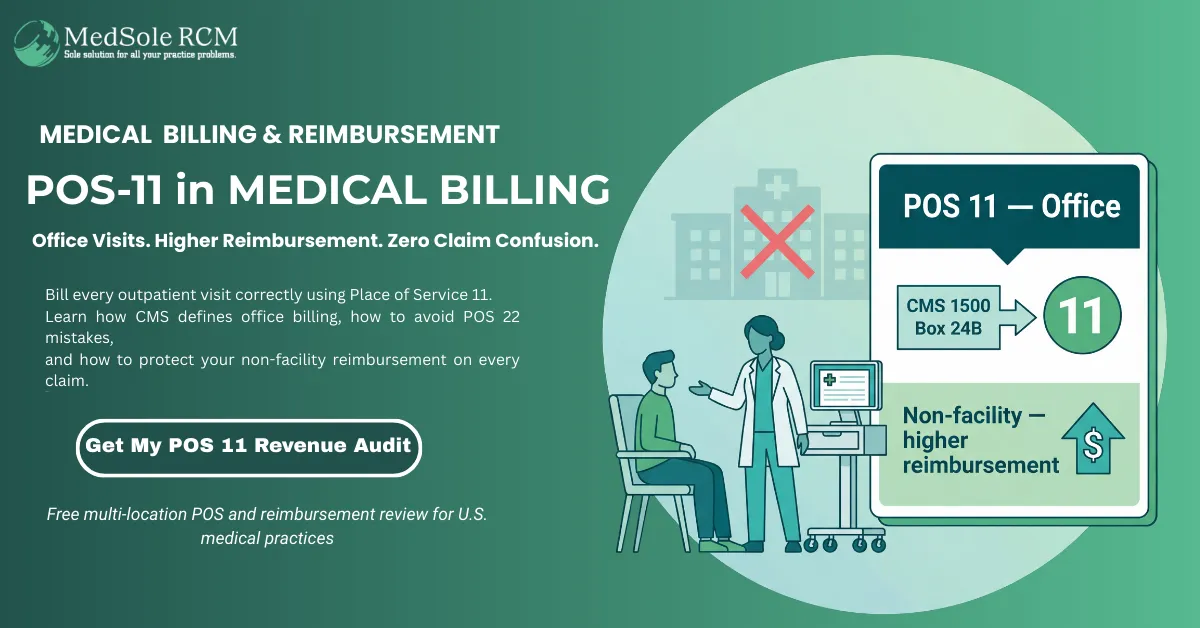
Posted Date: Jan 08, 2026

Posted Date: Jan 15, 2026
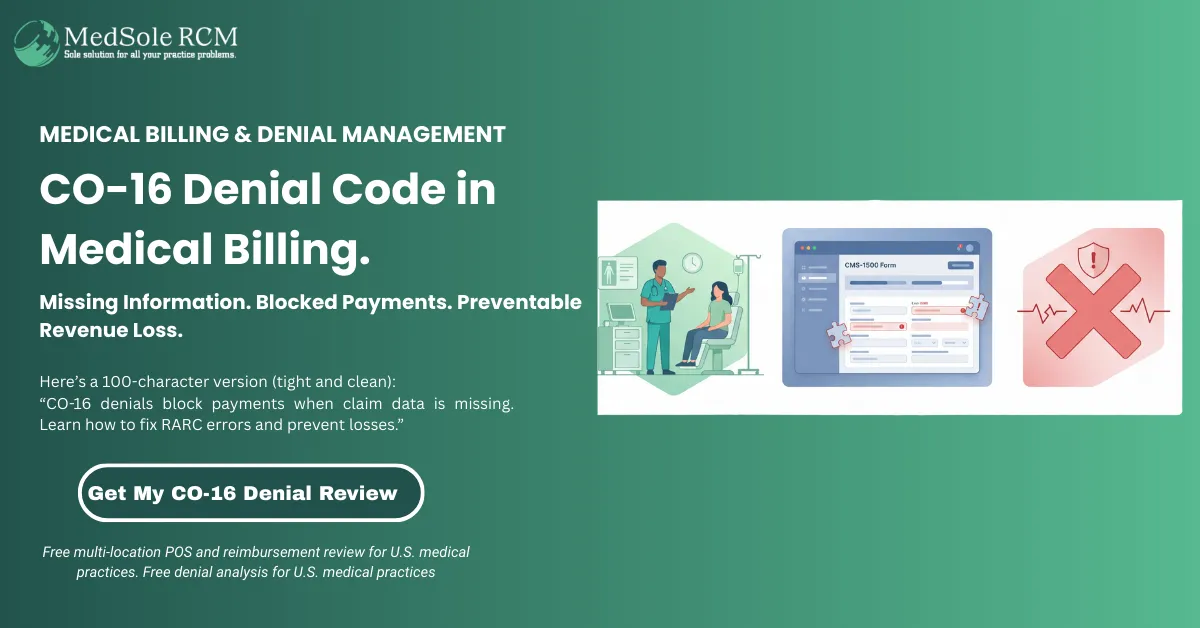
Posted Date: Jan 13, 2026
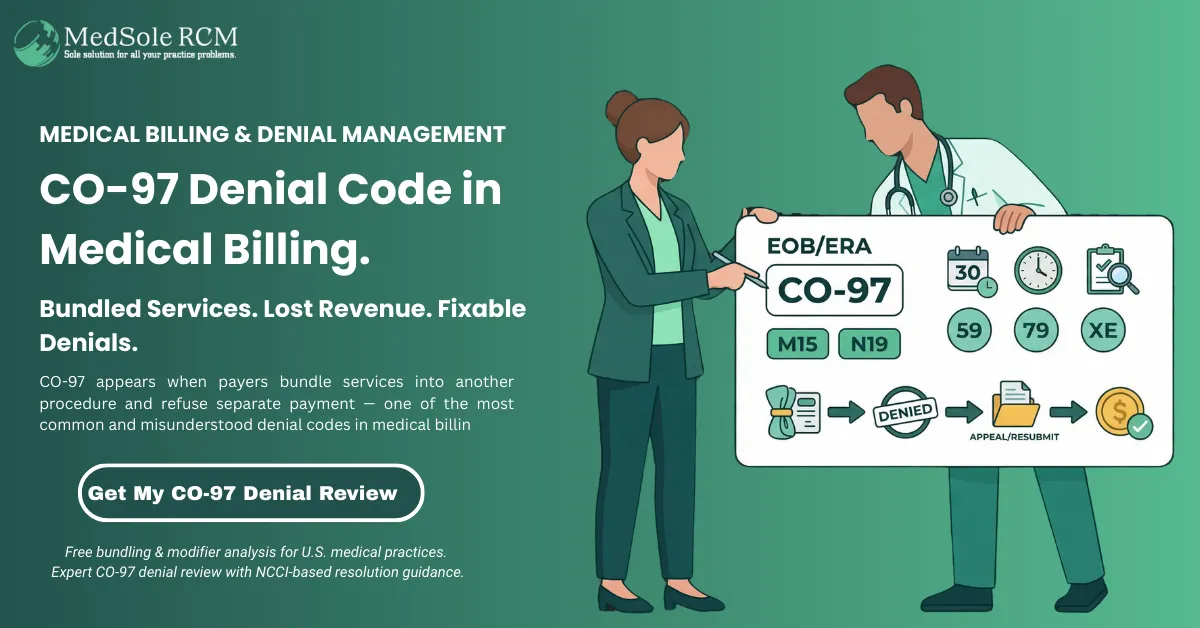
Posted Date: Jan 21, 2026

Posted Date: Jan 22, 2026
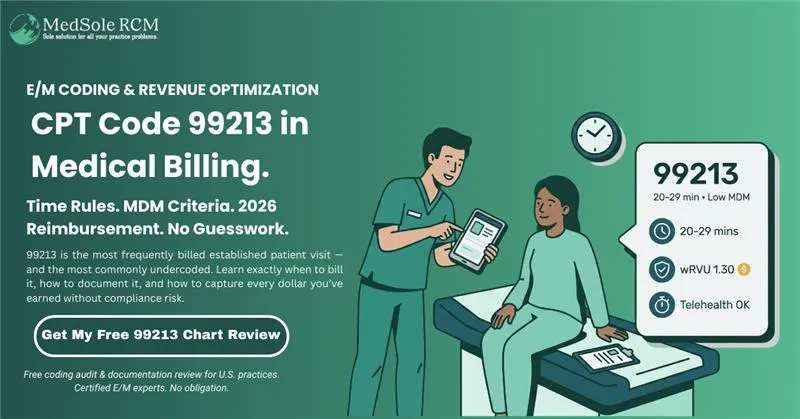
Posted Date: Jan 26, 2026
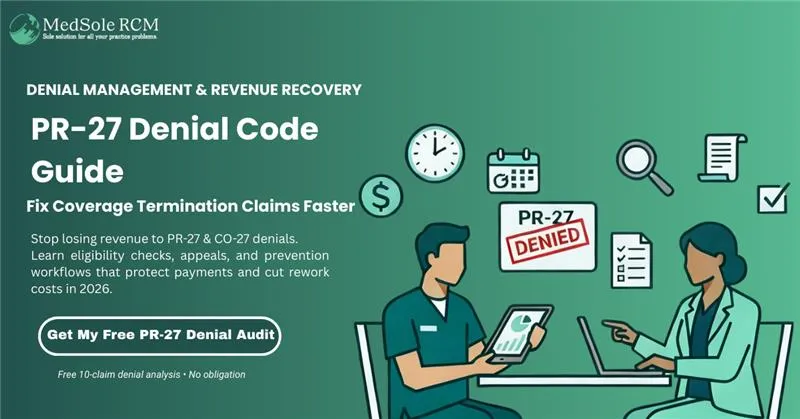
Posted Date: Jan 27, 2026

Posted Date: Jan 28, 2026
_11zon.webp)
Posted Date: Jan 29, 2026
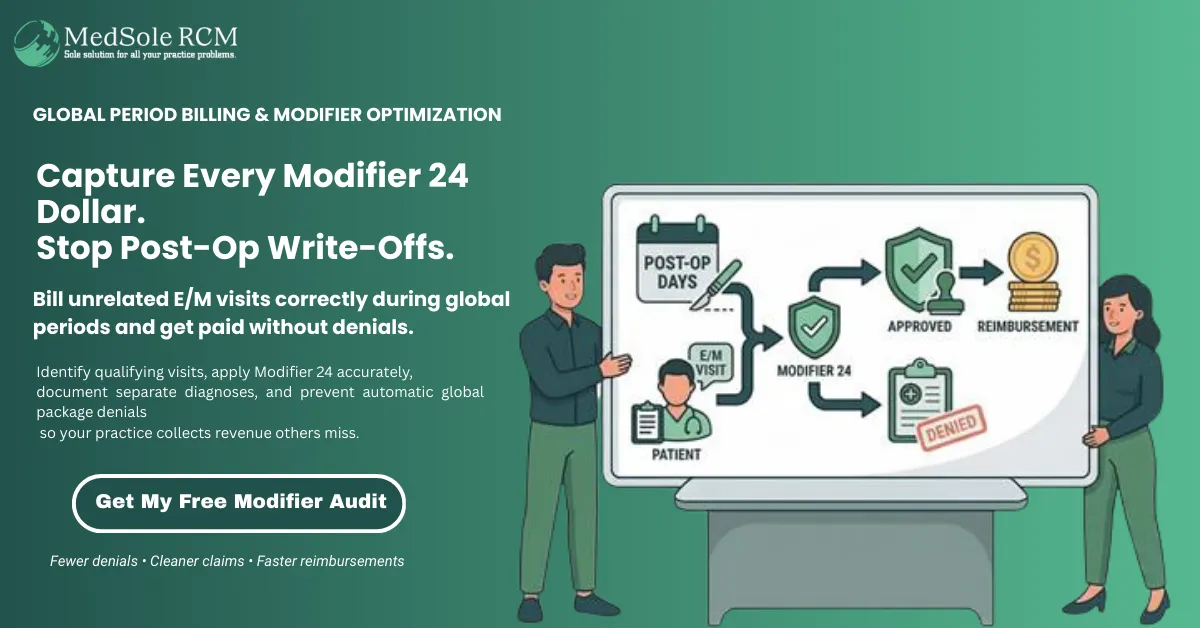
Posted Date: Jan 30, 2026
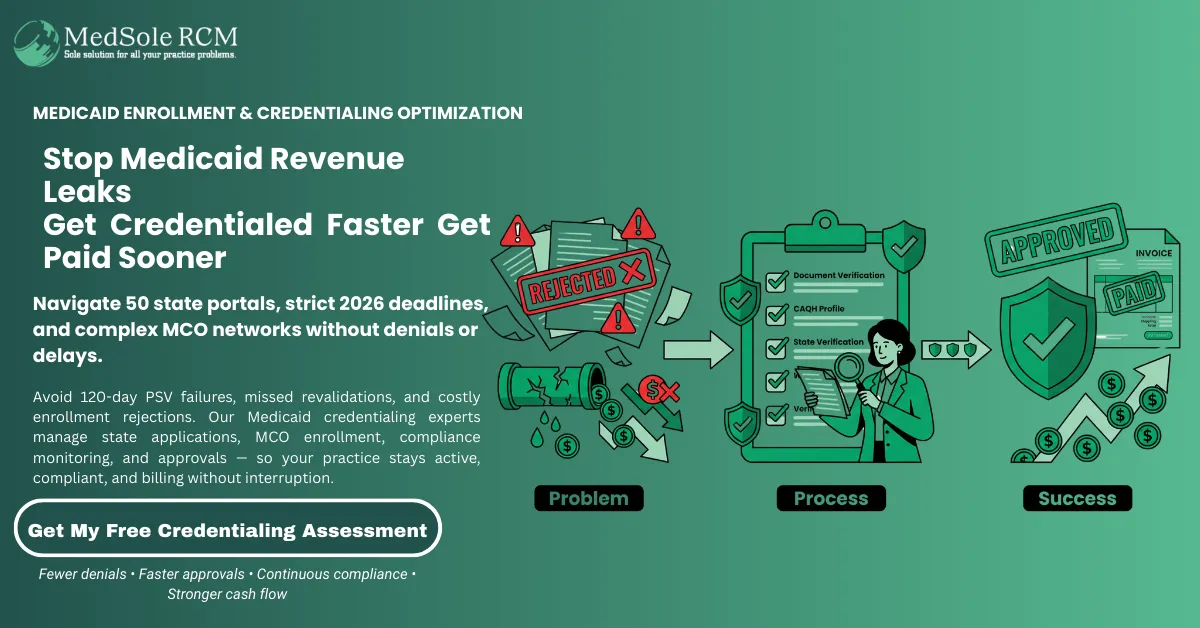
Posted Date: Feb 02, 2026
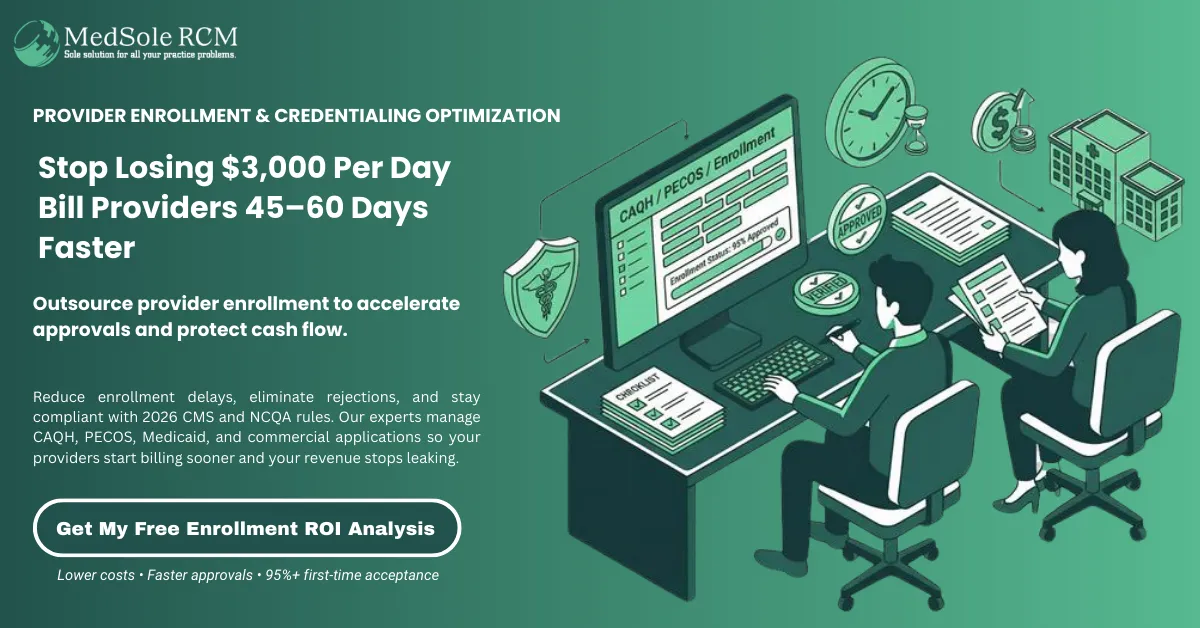
Posted Date: Feb 03, 2026
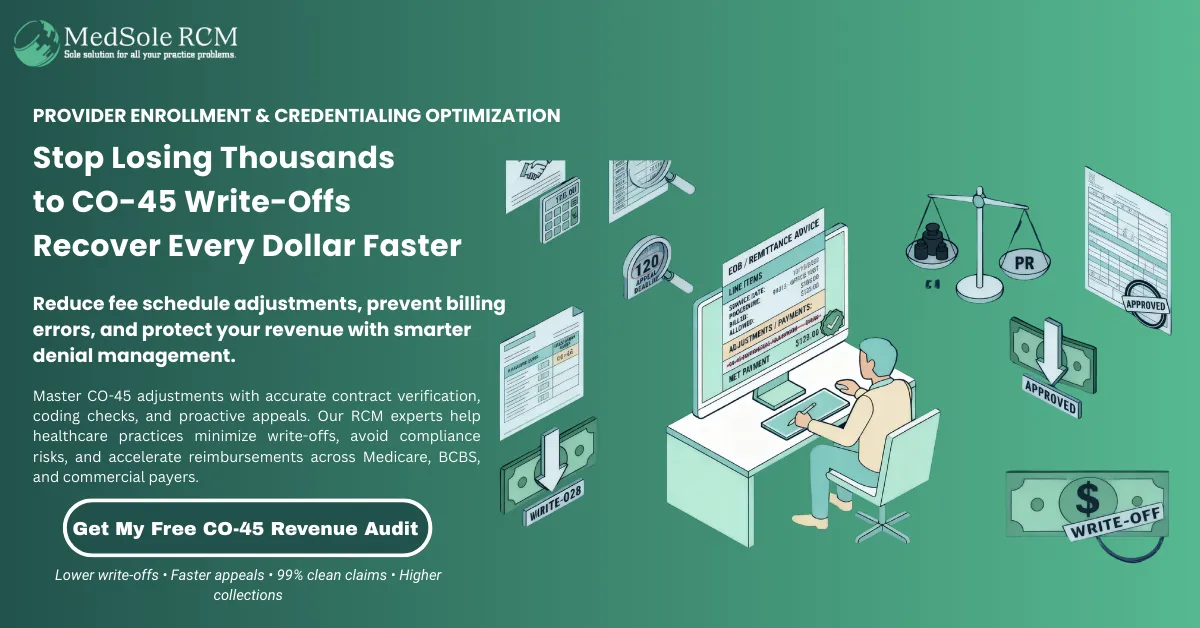
Posted Date: Feb 04, 2026
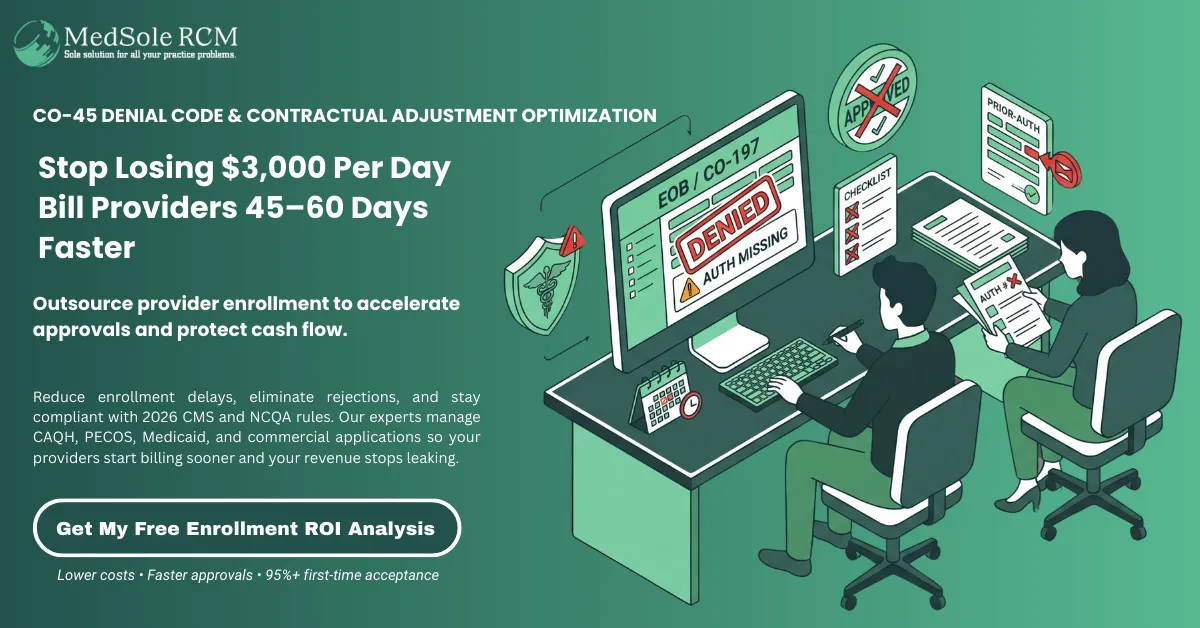
Posted Date: Feb 05, 2026
_11zon.webp)
Posted Date: Feb 06, 2026
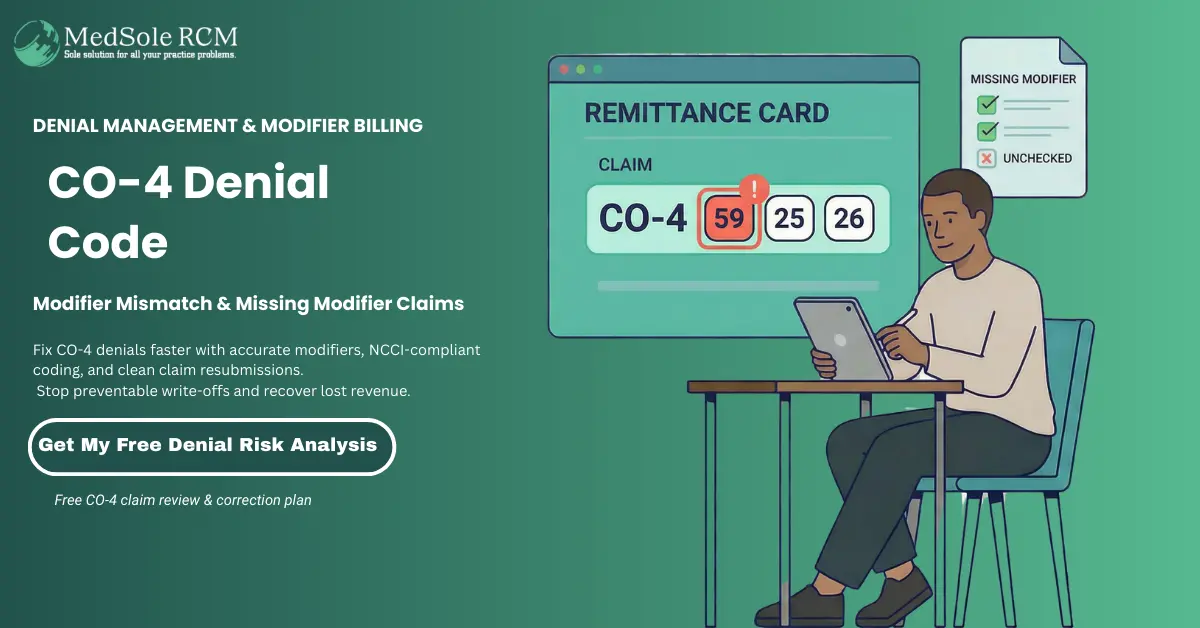
Posted Date: Feb 09, 2026
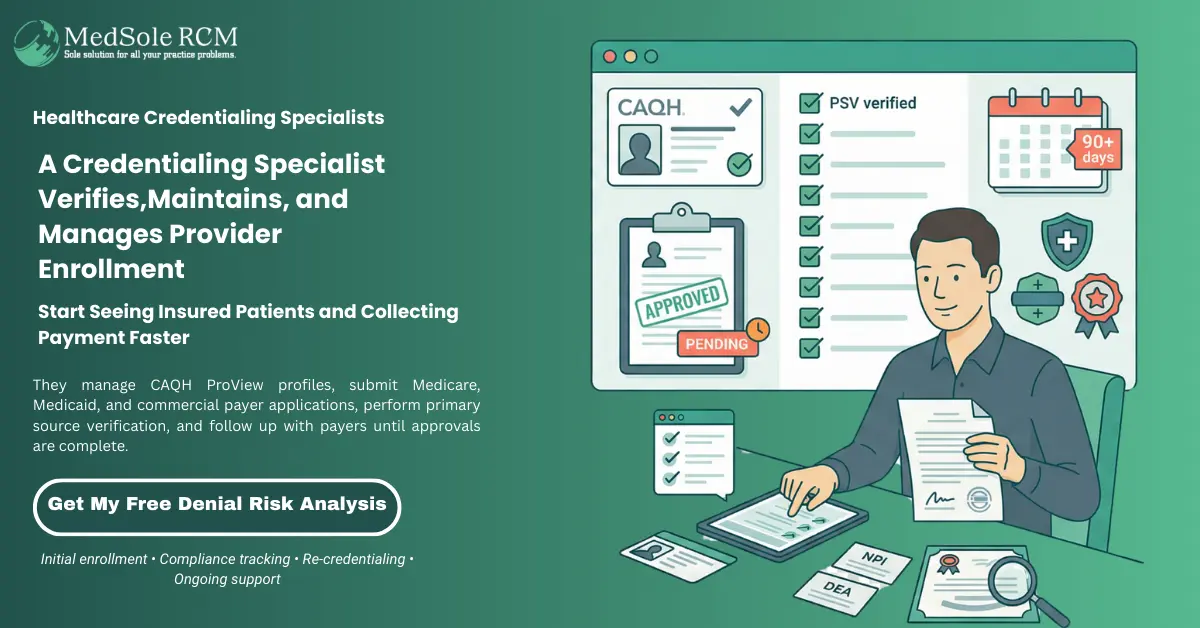
Posted Date: Feb 10, 2026
_11zon.webp)
Posted Date: Feb 11, 2026
.webp)
Posted Date: Feb 12, 2026
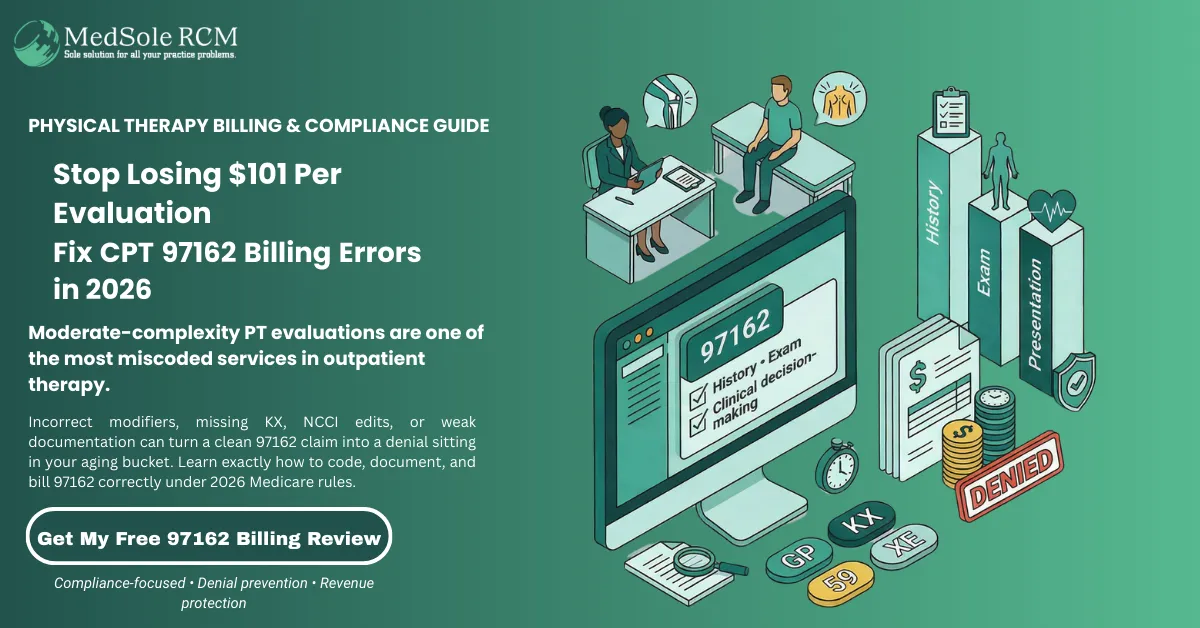
Posted Date: Feb 13, 2026
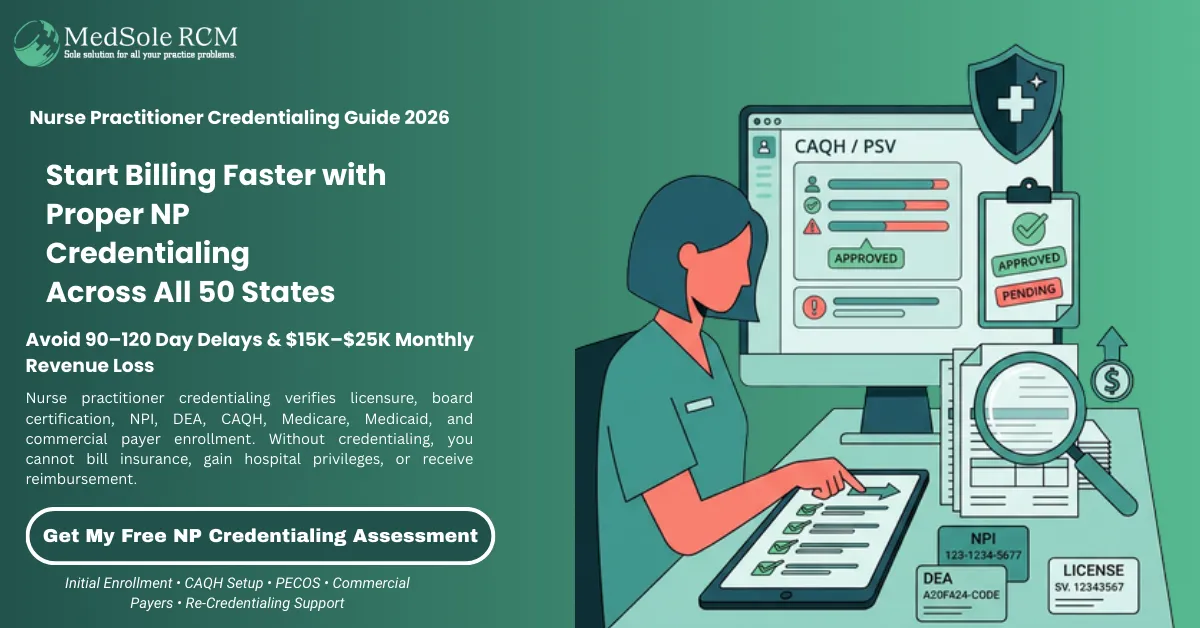
Posted Date: Feb 17, 2026
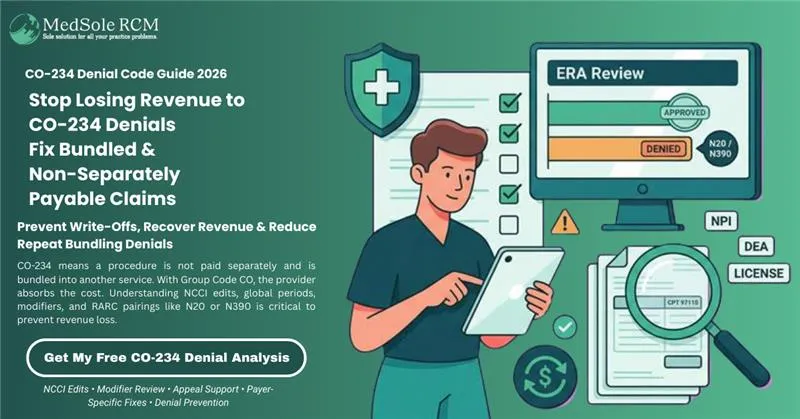
Posted Date: Feb 18, 2026
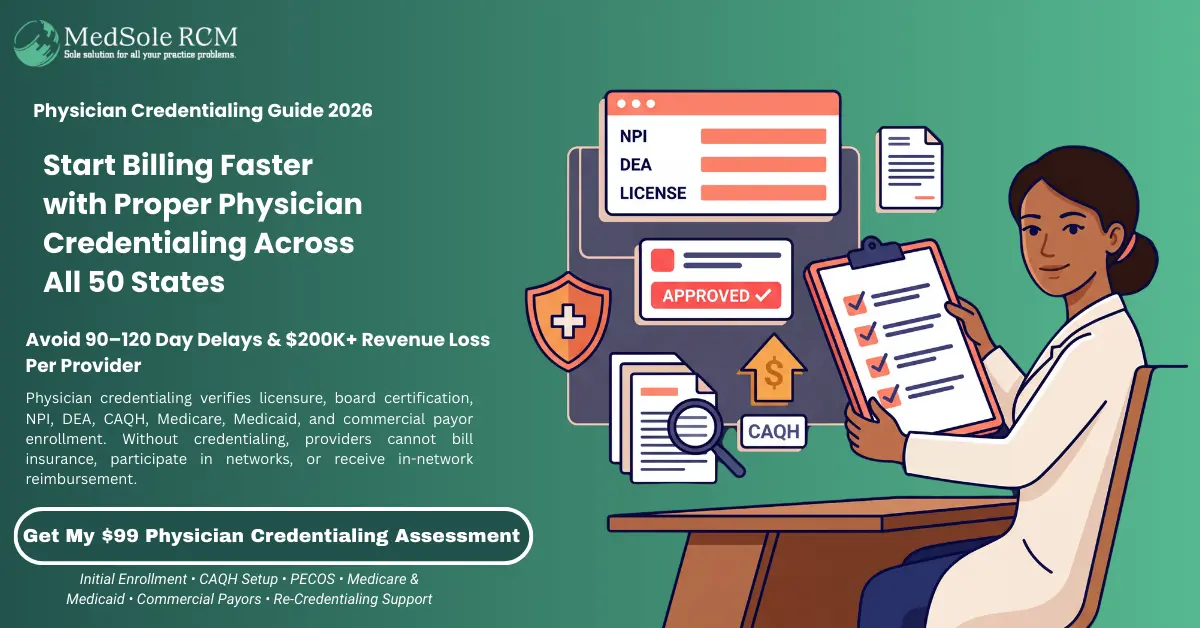
Posted Date: Feb 19, 2026
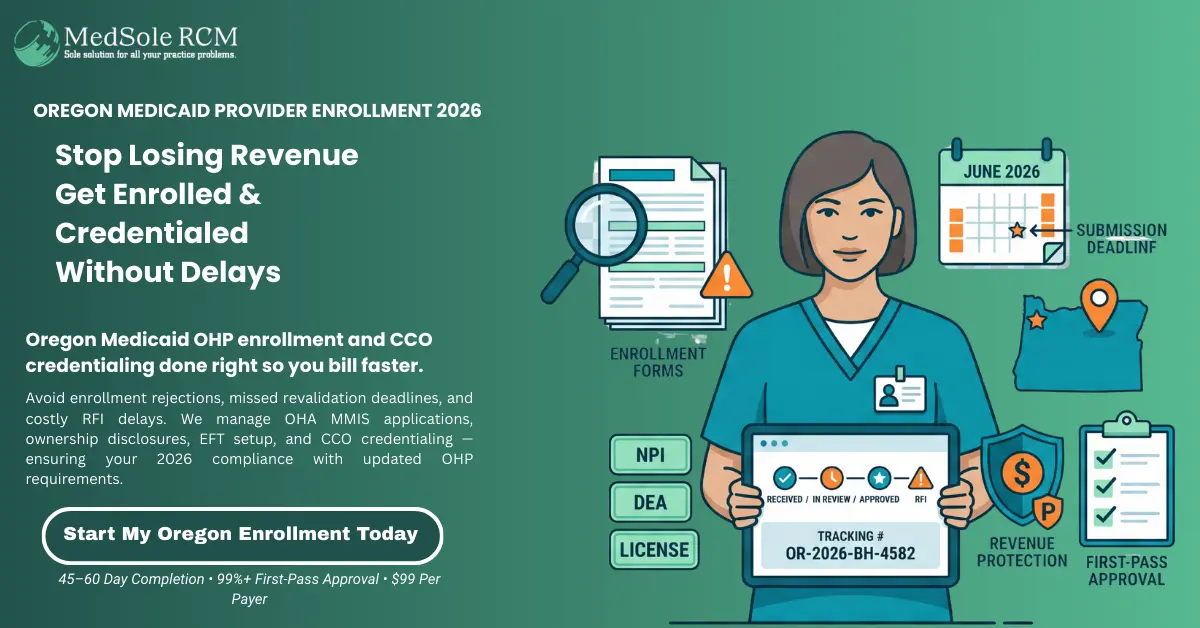
Posted Date: Feb 20, 2026
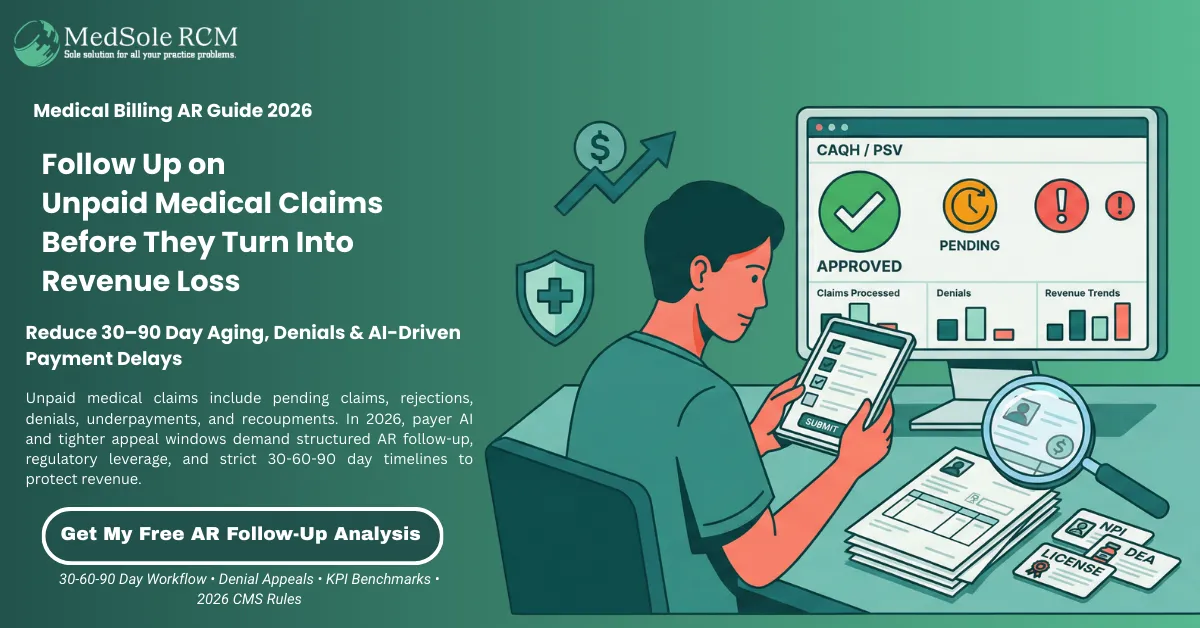
Posted Date: Feb 23, 2026
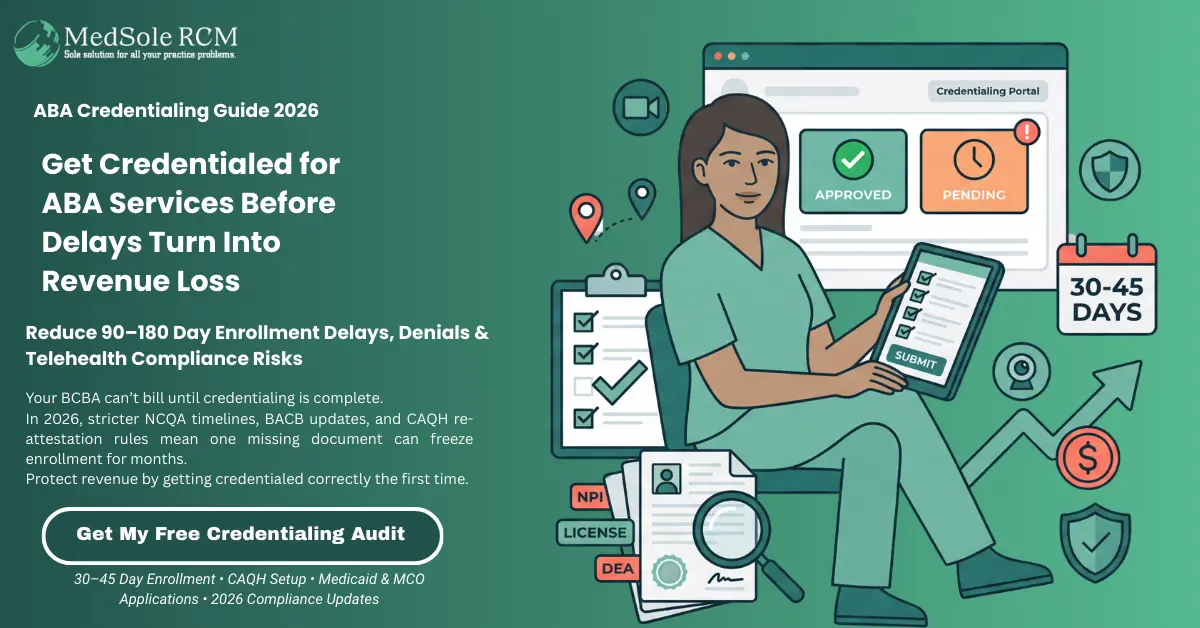
Posted Date: Feb 25, 2026
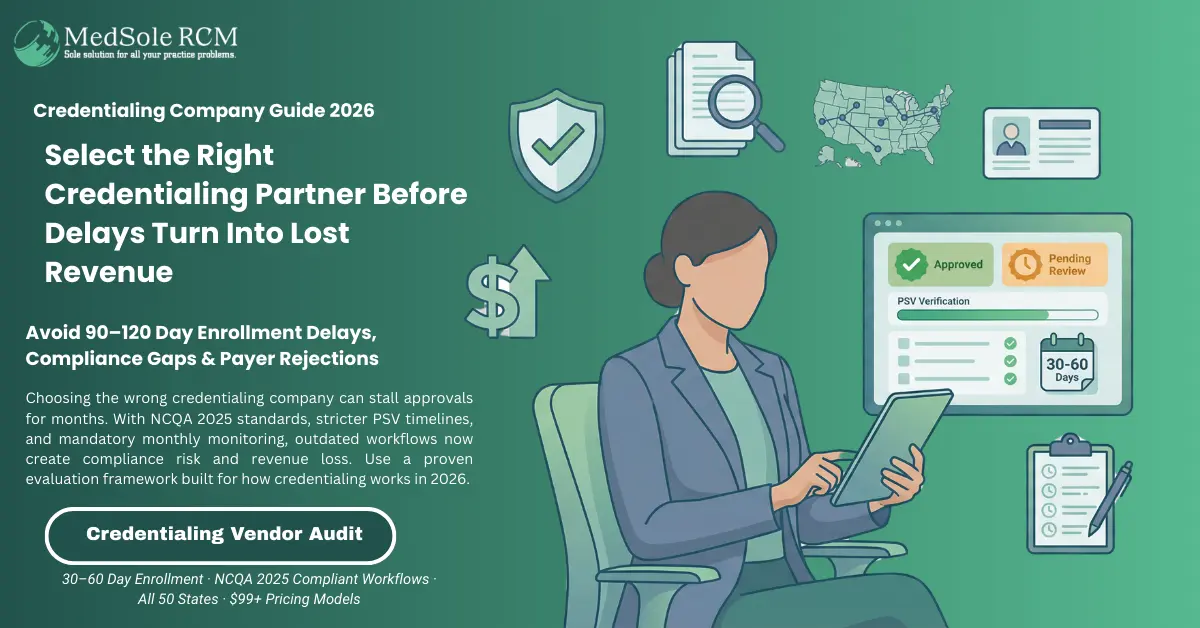
Posted Date: Feb 26, 2026